Hi friends, I wanted to share and then comment on one of the bubbling controversies here in South Africa. In the past few years, the government has dedicated billions of Rand to changing the names of cities, public facilities such as the O.R. Tambo Airport (formerly known as the Jan Smutts International Airport), and they are currently in the process of changing street names. As you might imagine, given the serious practical and life-threatening concerns that plague the country (HIV/AIDS, a new drug-resistant strain of TB, child-headed households, child abuse, poverty, lack of housing and education, high unemployment, illegal immigration, and the deteriorating situation in neighboring Zimbabwe, … you can imagine the sort of criticism that has accompanied this government initiative which is spending billions to change some names. In short, people complain, understandably so, that there are far more practical and pressing demands than the renaming of streets, cities, and parks. And giving merit to their argument is the fact that it takes significant amount of money to fund the transition in names. 1.5 billion Rand is the projected cost of changing the capital city’s name from Pretoria to Tshwane. And that figure doesn’t even take into account the additional $ needed to change the names of street, parks, and libraries throughout the rest of the country. http://en.wikipedia.org/wiki/Tshwane
Initially I didn’t appreciate why it would cost so much, but if you think about it, changing a name is not so simple as simply changing it on the maps and then waiting for everyone to follow suit in speech. No, every text book and map (nationally and internationally) has to be modified. Skilled and multi-lingual personnel has to be hired and trained to successfully transmit that message abroad. There’s the business transaction cost associated with such a transition, as cab drivers, postal employees, package delivery companies, etc. re-learn routes. And then there are a million and one more unanticipated ways in which the simple decision to change a city or street name costs money. There’s the re-printing of stationary, letterhead, business cards, telephone directories, and the like, all across the country. As anticipated, then, aside from the monetary expense, there’s also a measurable environmental impact as natural resources are used to accomplish this. So given this cost, there’s been quite a bit of opposition to the project. During the past month, I’ve heard opposition voiced from people of various ethnic and racial backgrounds, and surprisingly, the criticism was across the board. Not once did I hear an average joe voicing support for the project, such that I had to try and figure out for myself what the rationale might be. I imagine that where the criticism of the project is quite practical, framed in terms of costs and expenditures, the praise of the project is more symbolic and ideological. I imagine that supporters might pose this question to us: “How does one build a country?” When the buildings and infrastructure, roads and malls, libraries and eateries already exist, how does one then begin to re-build a country previously grounded in racism. Is it strictly a matter of tearing down the negative structures that oppress? Or is it also a matter of constructing something positive from the rubble? If the new South Africa is about more than tearing down, if it is in the process of building up, then how does that building up take shape? What policies, practically speaking, does one institute? Perhaps the answer is that if the battle itself is an ideological one (convincing people of the evil of racism and oppressive policies which denigrate human rights) then mustn’t the remedies also be ideological? And isn’t the renaming of streets and towns one ideological measure intended to honor those who laid the ideological foundational framework for ‘the New South Africa’? I think that this is one argument likely advanced by those in favor of the name-change. In short, I think that there are valid points to be made on both sides. Yes, perhaps the cost is tremendous, but we must also acknowledge that there are things more valuable than Dollars and Rand (including a country’s sense of national pride and commitment to ideological principles in the face of their oppressive history).
Wednesday, July 11, 2007
Subscribe to:
Post Comments (Atom)
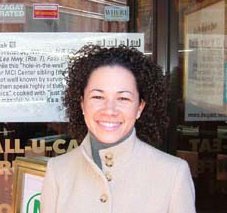


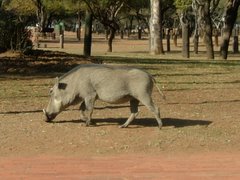




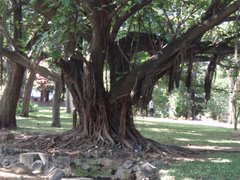
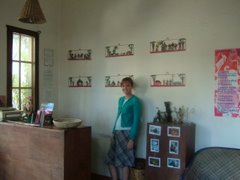

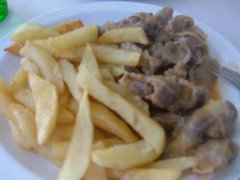


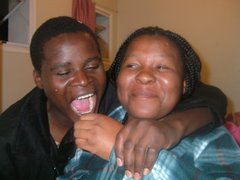


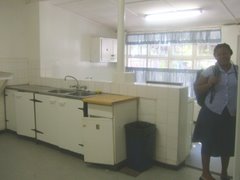
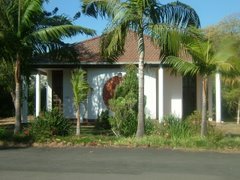


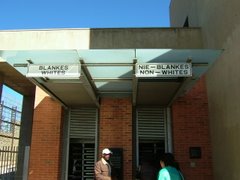

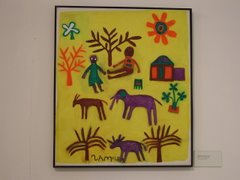
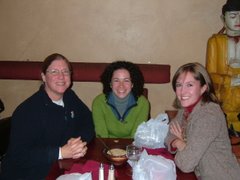


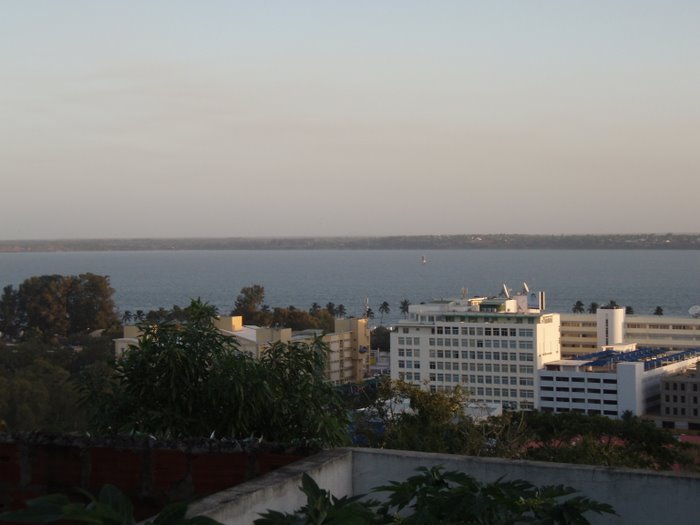
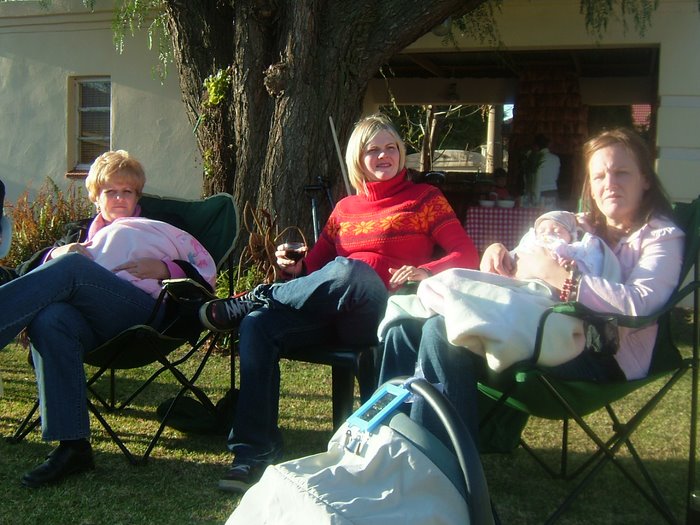
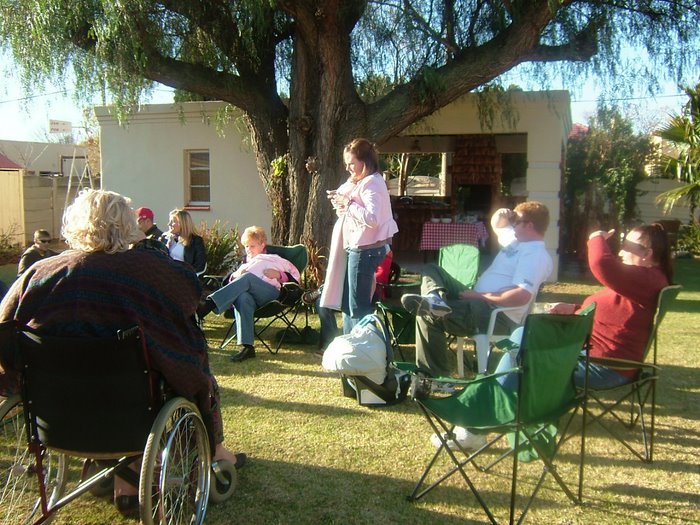
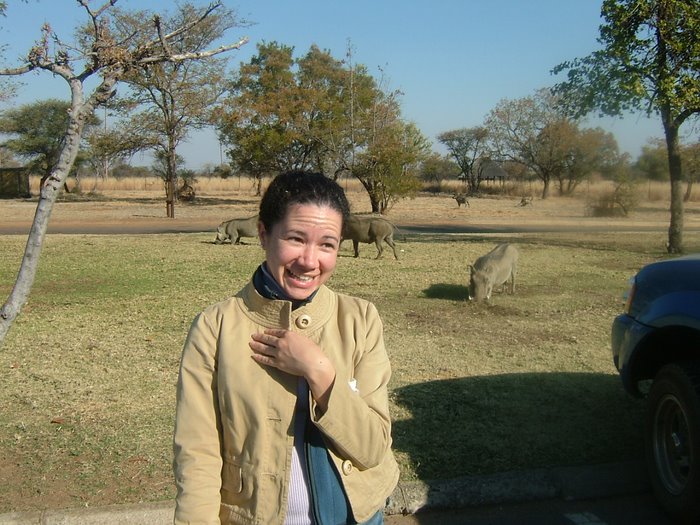
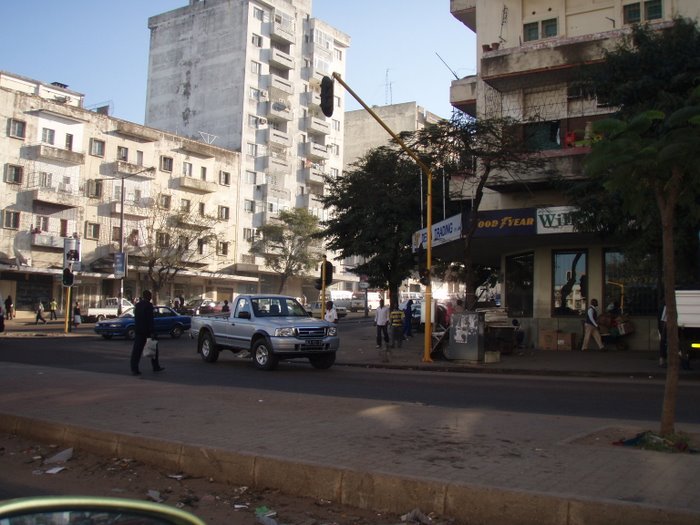
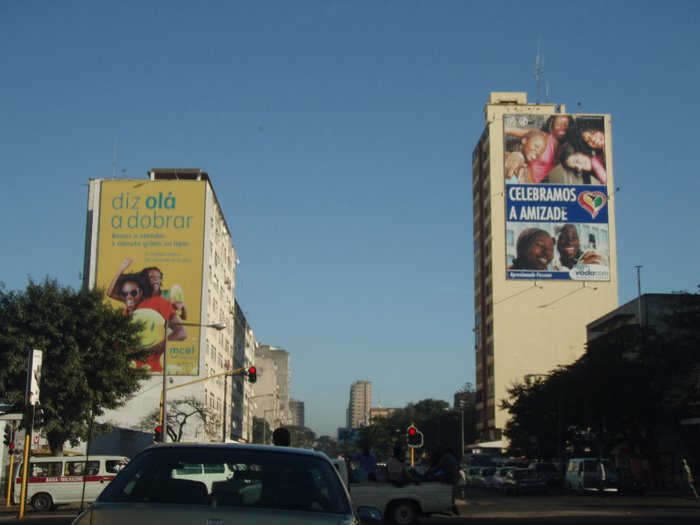
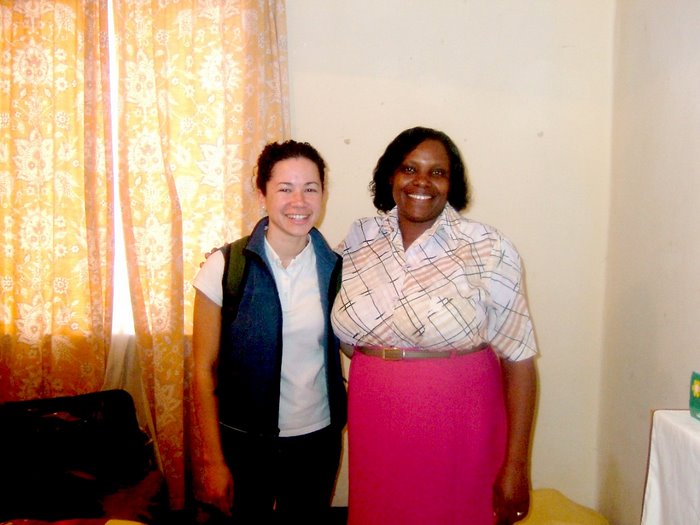
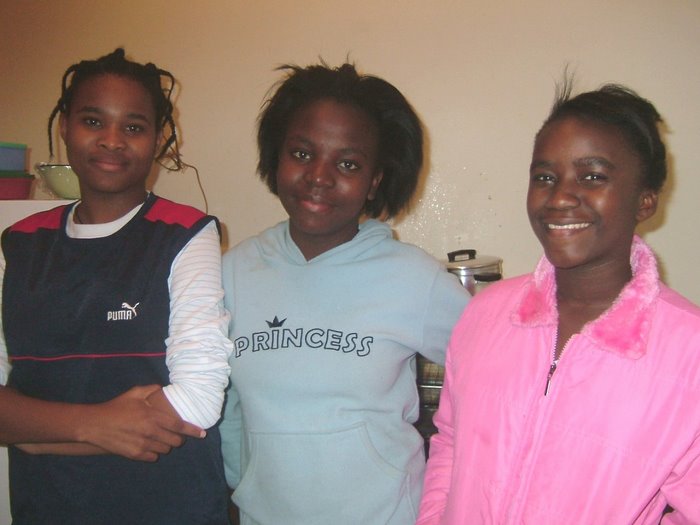
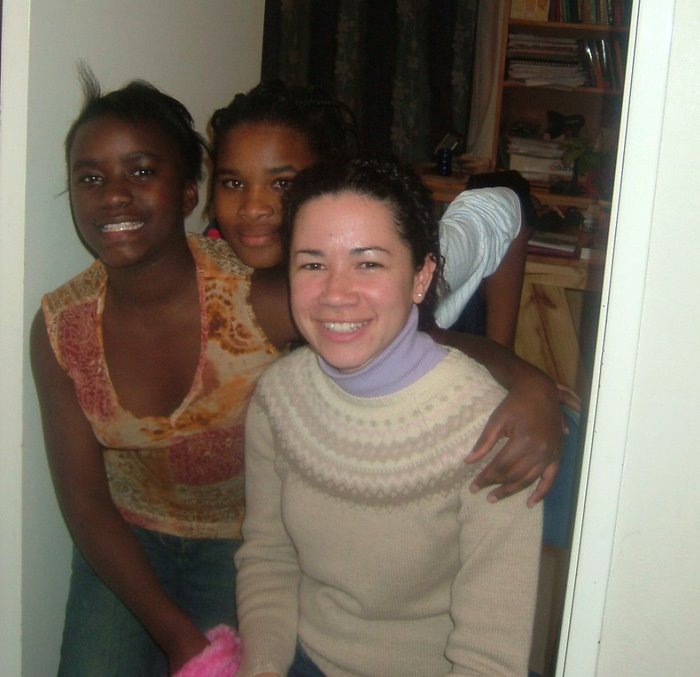
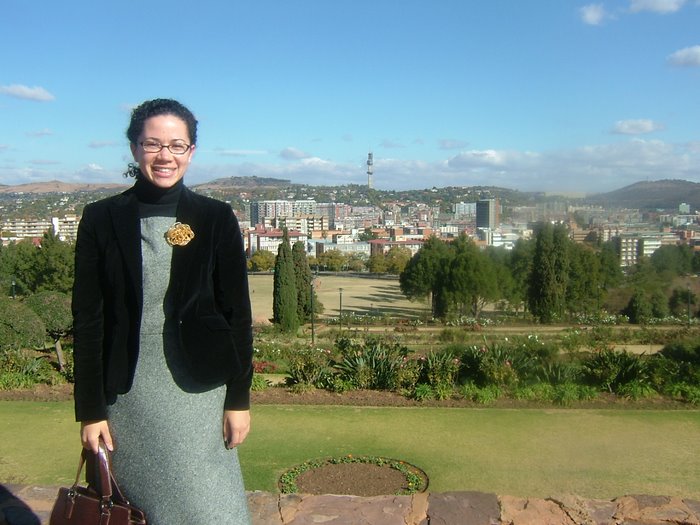
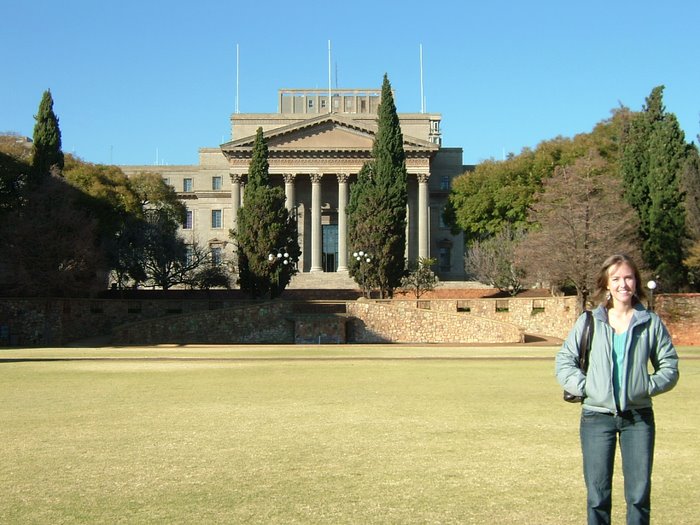
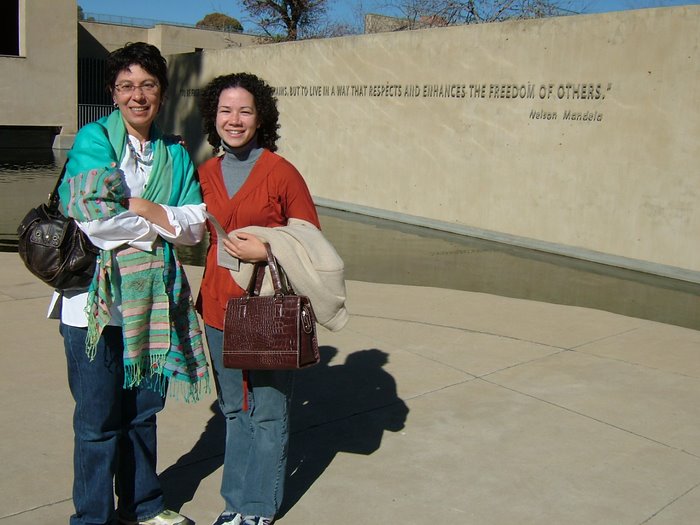
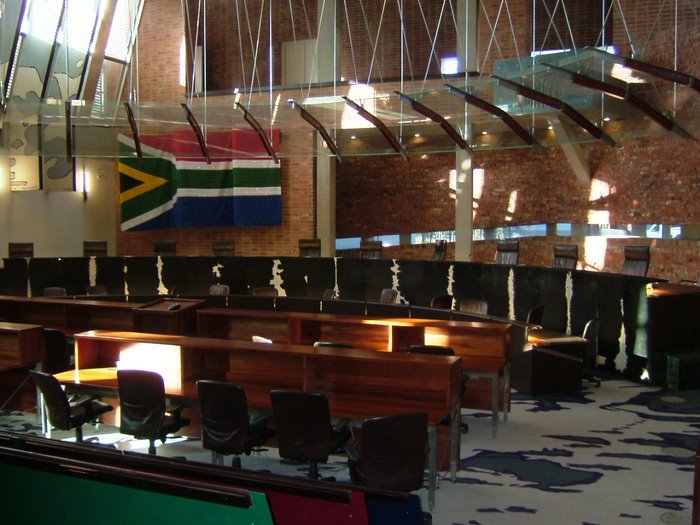
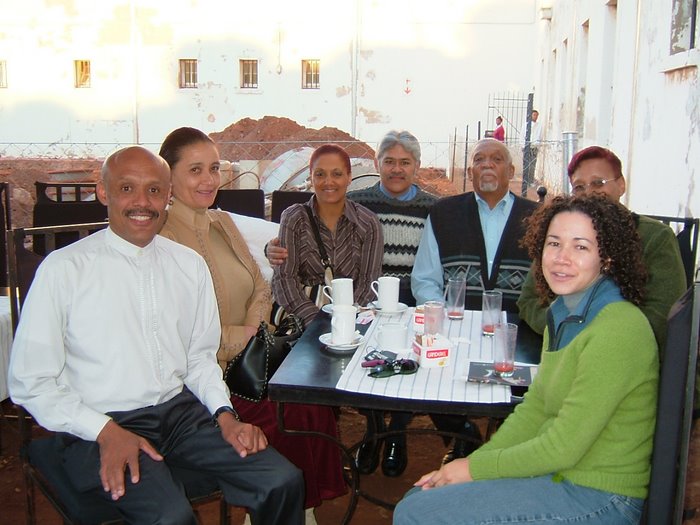
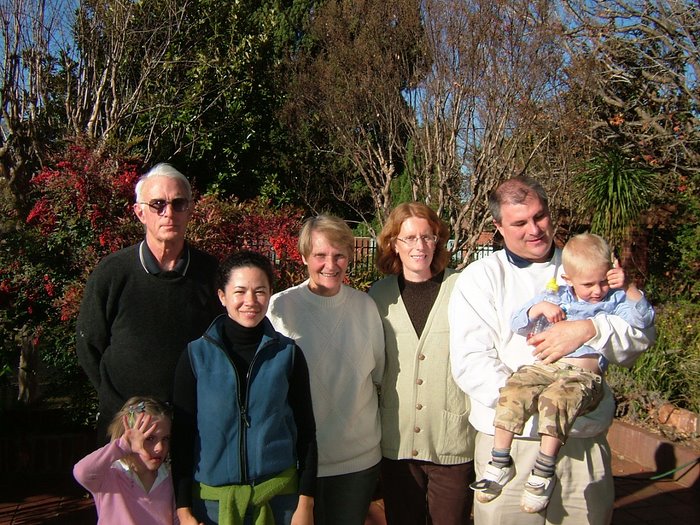
2 comments:
The psychic oppression inflicted upon blacks by Aparthied in South Africa and Slavery / Jim Crowe laws in the States is often grossly underestimated. There are legitimate intangible psychic benefits to changing a street name in an all black town in South Carolina from Strom Thurmond Ave to Thurgood Marshall Ave or changing a city name from Lynchburg to Freedom Town. Personally, I feel eradicating the legacy of Aparthied in my country is an objective that should be pursued by any means necessary.
Yes about the legacy but I really think if the people are hungry and on the streets it does not matter if it is Botha Str and Mandela Avenue.Poverty and alienation from the thriving economy is real.
South Africa needs to re-prioritize. The apartheid "Four Room" houses in the township that were called matchboxes are bigger with bigger plots than these post apartheid shelters. And by the way,don't those old township "Four room" houses still have 'asbestos' roofs? That's a deadly chemical. How about investing in re-roofing those houses of installing ceilings before changing names? I stand to be corrected but some things are pushed under the rug.
I agree with the psychological or emotive aspect of the argument but some things hold much more weight.
Priorities must be reassessed.
Post a Comment